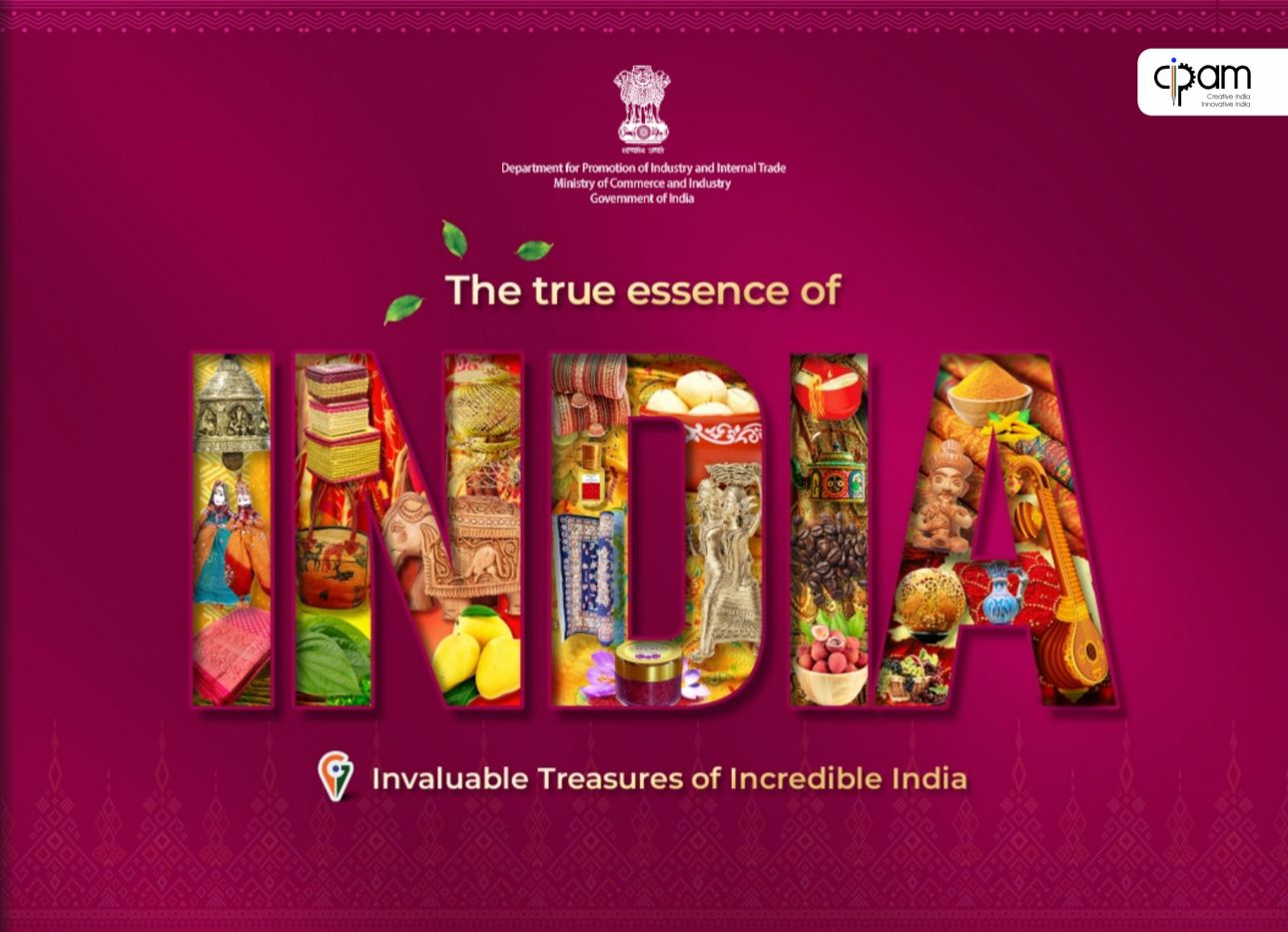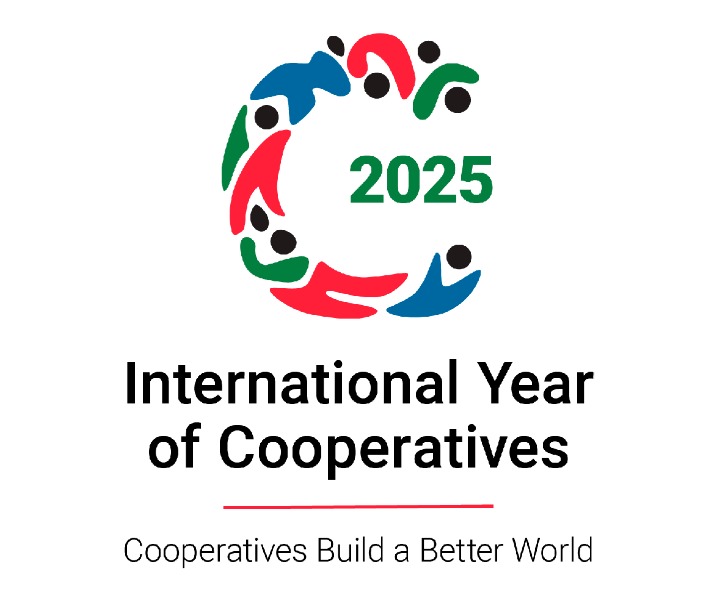Menu
- Home
- About Us
- India - Bhutan relations
- Consular Matters
- Emergency Contact Number
- Consular Timings and Contacts
- Info for Indian Nationals entering Bhutan
- Bhutanese Nationals entering India
- Consular Services
- Passport Services
- Visa Services for third country nationals
- Overseas Citizenship of India Cards
- Indian Community Welfare Fund
- Ban on use of Thuraya/Irridium Satellite phone in India
- Overseas Voters
- FAQ for marital disputes, afterlife remains
- Development Partnership
- Education and Scholarships
- ICCR Scholarship for Diploma/UG/PG/Ph.D Studies - 2026 in India
- Scholarship for PG Studies-2026 at Nalanda University
- Award of Ambassador Scholarship 2025-26
- Online Application for Ambassador’s Scholarship 2025-2026
- GOI Scholarships for Students from Bhutan
- Nehru Wangchuck Scholarship Scheme - 2025-26
- ICCR AYUSH Scholarship Scheme 2025-26
- MEA-Forest Research Institute (Deemed University) Scholarships - 2025-27
- South Asian University - Admissions 2025-26
- India Bhutan Friendship Scholarship 2025-26 - IIT Kanpur Admissions
- Hindi Studies Scholarship Scheme-2025-26
- Announcement of ICCR Scholarships 2025-26
- Allocation of additional MBBS seats for Bhutanese students in the medical colleges of the State of Assam
- Archive of Previous Announcements
- Award of Ambassador's Scholarship 2024-25
- Announcement of Scholarship Programme for Diaspora Children (SPDC) for AY 2024-25
- MEA-Forest Reserach Institute (deemed University) Scholarships 2024-26.
- Online application for Ambassador's Scholarship 2024-25
- Announcement-ICCR Scholarship Scheme
- Nalanda University Scholarship for Bhutanese Students - 2024
- Nehru Wangchuck Scholarship Scheme 2024-25
- India Bhutan Friendship Scholarship 2024-25 - IIT Kanpur Admissions
- IIT-Gandhinagar Admissions 2024-25
- Award of Ambassador’s Scholarship 2023-24
- Hindi Studies Scholarship Scheme-2024-25 by Kendriya Hindi Sansthan Agra
- Online application for Ambassador's Scholarship 2023-24
- Press Release: Extension of Last Date for Ambassador's Scholarship 2023-24
- VAIBHAV Fellowship Programme - 2023
- Ayush Scholarship Scheme 2023-24
- Announcement of Nalanda University Scholarships-2023 for Bhutan
- Announcement of ICCR UG Engineering Scholarships-2023-24
- Ambassador's Scholarship
- India-Bhutan Friendship Scholarships at IIT, Kanpur
- Announcement of Nehru Wangchuck Scholarship Programme-2023-24
- ICCR Engineering Scholarships-2023-24
- Under Graduate Scholarship Scheme
- ITEC / TCS CP Schemes
- SAARC Scholarship
- TCS Colombo Plan Lecturers on Deputation
- Nalanda University Scholarship
- Indian Institute of Technology, Gandhinagar Scholarships
- Professional Courses for Foreign Diplomats (PCFD)
- Students related information: Colleges/Institutions imparting Higher Education in Bhutan
- Sainik School Scholarship
- Economic and Commercial
- Media Center
- Contact us










